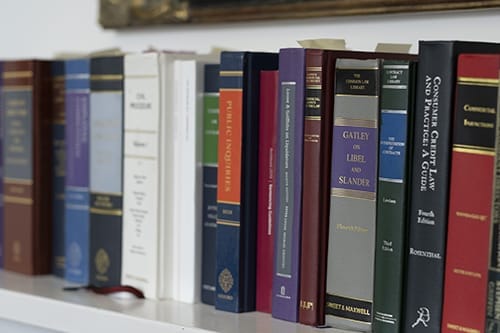Changes to death certification are causing delays
The UK government reforms to death certification, which came into effect in September, have introduced significant changes in how deaths are recorded, investigated, and certified. They’ve also introduced delays in the issuance of certificates – potentially prolonging the grieving process and holding up funeral arrangements.
New Regulations
The new regulations require that, without exception, all deaths in England and Wales must be reviewed by a medical examiner for independent scrutiny.
A medical examiner is a senior medical practitioner who is contracted by NHS Trusts for several sessions a week to provide independent scrutiny of causes of death, outside of their usual clinical duties. They are trained in the legal and clinical elements of the death certification processes and will not have been involved in caring for the patient.
A Welcome Change
Whilst this heightened scrutiny is welcome to ensure suspicious deaths are not overlooked (something we all appreciate considering the Shipman and Letby cases), it is causing longer waits for some families, particularly in cases where cause of death is ambiguous.
Under the new legislation, medical practitioners must complete a medical certificate of cause of death (MCCD) to the best of their knowledge and belief. This is then scrutinised by the medical examiner, in liaison with the informant/deceased’s family. Once the cause of death is confirmed, the MCCD is sent to the registrar and a 5-day statutory timeframe to register the death commences.
There is no longer are requirement for registrars to refer deaths to the coroner. The attending practitioner or the medical examiner will determine which deaths need to be referred to the coroner.
An detailed overview of the reforms can be found here.
As always, if you want to speak to someone about any legislation or changes, contact us.







